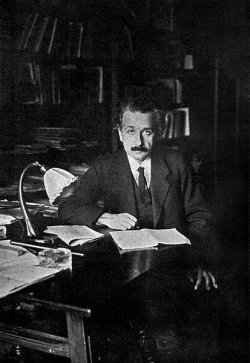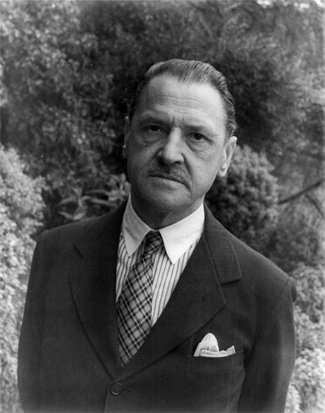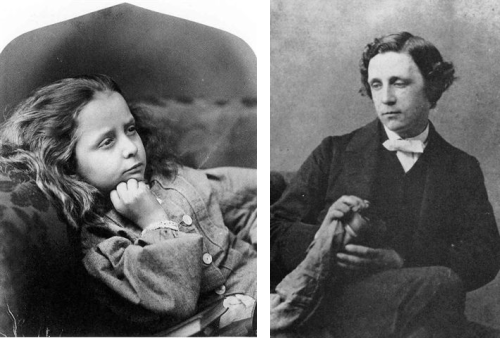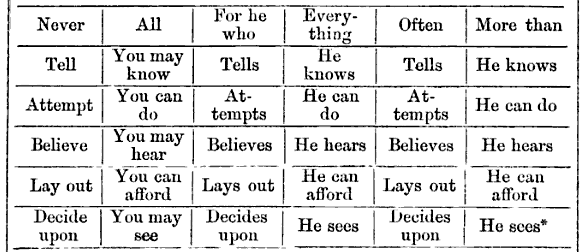Imagine that I first walk through Divinity Avenue, and then imagine that the powers governing the universe annihilate ten minutes of time with all that it contained, and set me back at the door of this hall just as I was before the choice was made. Imagine then that, everything else being the same, I now make a different choice and traverse Oxford Street. You, as passive spectators, look on and see the two alternative universes,–one of them with me walking through Divinity Avenue in it, the other with the same me walking through Oxford Street. Now, if you are determinists you believe one of these universes to have been from eternity impossible: you believe it to have been impossible because of the intrinsic irrationality or accidentality somewhere involved in it. But looking outwardly at these universes, can you say which is the impossible and accidental one, and which the rational and necessary one? I doubt if the most ironclad determinist among you could have the slightest glimmer of light on this point. In other words, either universe after the fact and once there would, to our means of observation and understanding, appear just as rational as the other.
— William James, “The Will to Believe,” 1896





